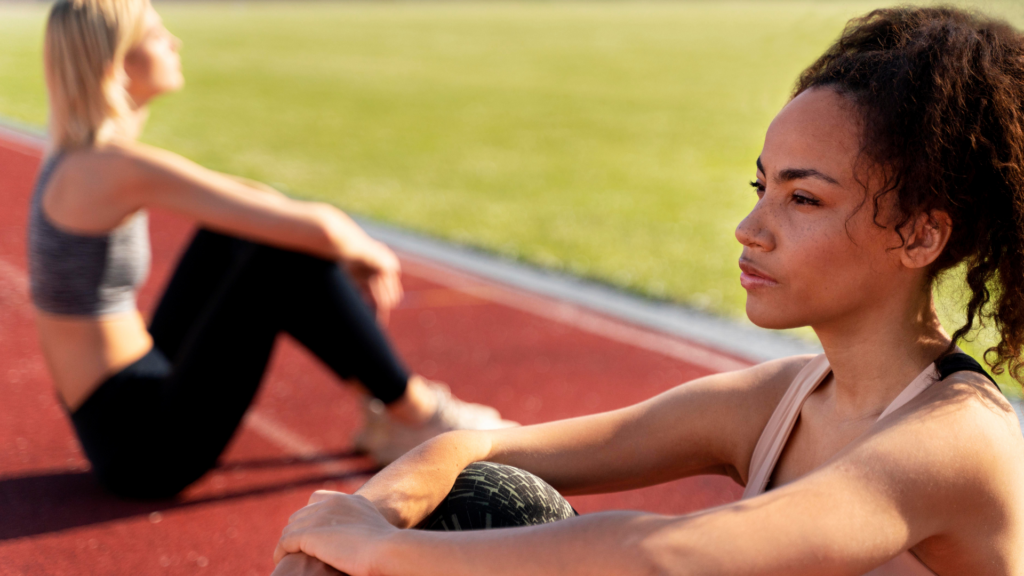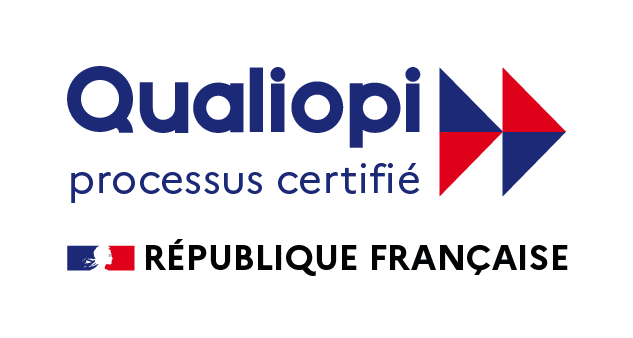As the Paris 2024 Olympic and Paralympic Games approach, athletes’ mental preparation is more than ever at the heart of strategies for achieving sporting excellence. Neuroscience is now revealing the crucial importance of cognitive training in the quest for ultimate performance.
The brain, the key performance muscle
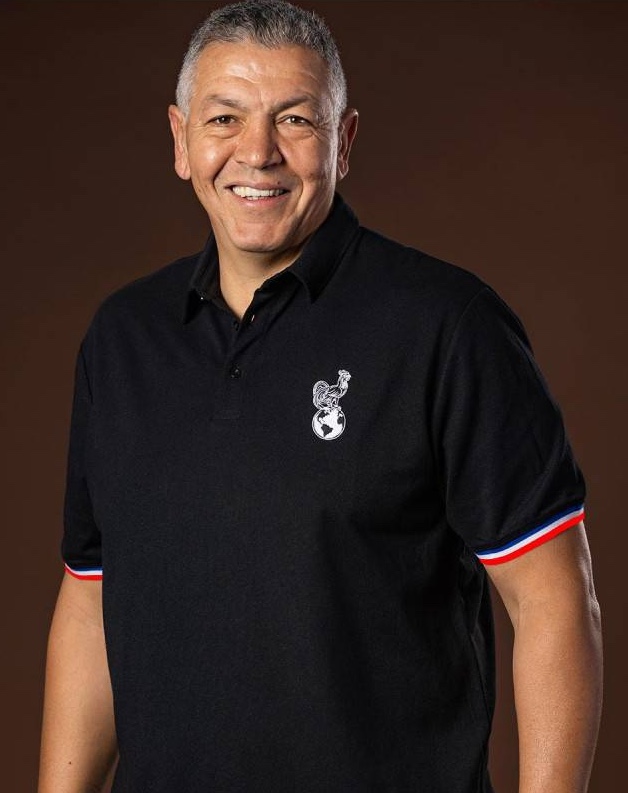
INSEP, the spearhead of mental preparation
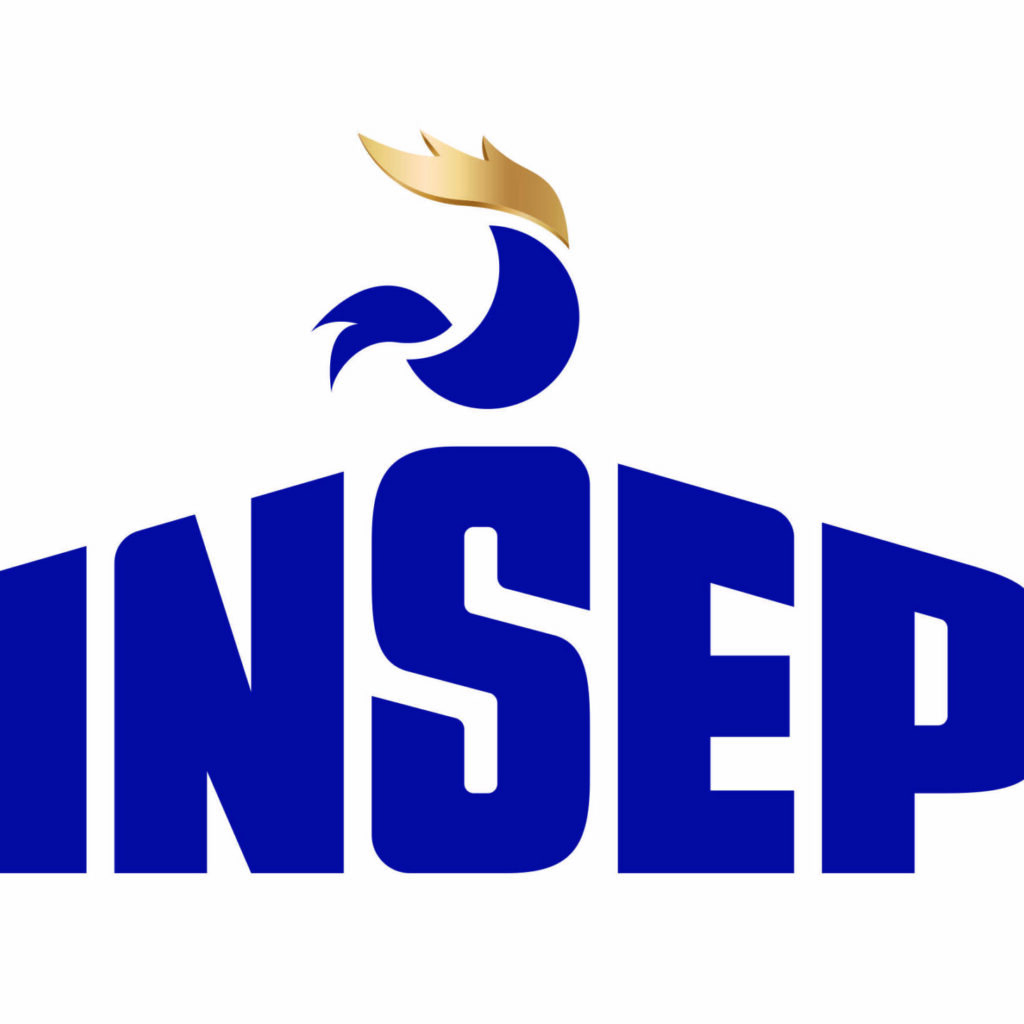
The Institut National du Sport, de l’Expertise et de la Performance (INSEP) plays a central role in the preparation of French athletes. With over 90% of French Olympic medallists having benefited from its services⁴, INSEP relies heavily on the mental dimension.
The institute offers a comprehensive support package, including clinical psychologists, mental trainers and psychology⁵ researchers.
Innovative neuroscience techniques to push back the limits
Neuroscience offers new tools for measuring and improving athletes’ cognitive abilities.
CNRS researcher Camille Jeunet explains: “We can now measure brain activity outside the laboratory, thanks to portable electroencephalography headsets”¹.
These technologies enable athletes to visualize their brain activity in real time and learn how to modulate it to optimize their performance.

Like top athletes, use innovative tools
to boost your managers' potential
Other tools using neuroscience, gamification and artificial intelligence, such as the Omind co-pilot, make it possible to measure, improve and pilot the cognitive and emotional capacities of each individual. to measure, improve and pilot each individual’s cognitive and emotional capacities.
Thanks to immersive questionnaires and immersive games validated by the scientific literature, Omind collects objective data to target specific training needs. Its AI algorithm then proposes a training path 100% personalized and adaptiveOur training programs are designed to improve each individual’s managerial, adaptive and emotional skills.
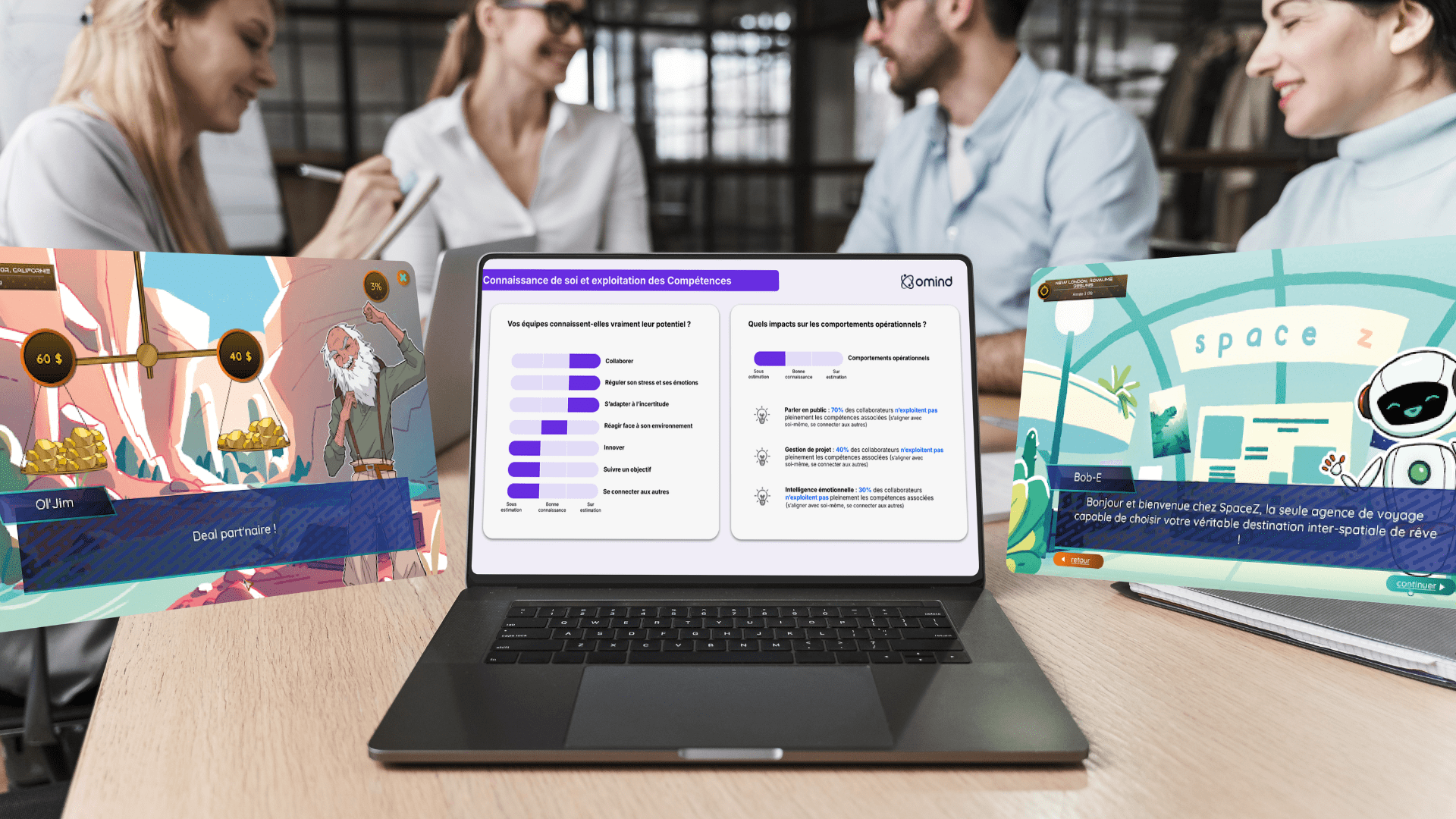
Mental imagery: training without physical fatigue
One of the most promising techniques is motor imagery. Athletes train themselves to mentally visualize their movements, which strengthens the neural connections associated with these gestures. This practice not only improves technique, but also reduces competition-related anxiety. According to a study published in the Journal of Sport and Exercise Psychology, athletes who regularly use mental imagery report a 20% reduction in pre-competition stress levels.
Stress management, the key to Olympic success
Stress can be a major limiting factor for sporting performance. Stress management techniques, such as mindfulness meditation, are gaining in popularity among top athletes. A study carried out on Olympic swimmers showed that those who practiced meditation regularly had cortisol (stress hormone) levels 32% lower than those of the than the control group during competitions.
Personalized support for every athlete

INSEP has set up an individualized approach to mental preparation.
Fabien Canu, General Manager of INSEP, points out, “INSEP is one of the key players in high performance sport, offering our best French athletes the very best in terms of equipment and expertise to help them succeed”⁹.
This tailor-made approach takes into account the specificities of each discipline and each athlete.
Convincing results
Testimonials from athletes who have benefited from mental preparation speak for themselves. Enzo Loiodice, professional footballer in Spain’s Liga: “I’ve been working with Sébastien for over 2 years, on goal-setting, concentration, stress management, motivation and all the tools I need to perform. I’ve turned a corner in my understanding of how I work, and it’s given me greater stability and confidence.
Caroline Jouisse, a swimmer on the French open water team and qualifier for the Paris 2024 Olympic Games: “I took the Omind self-diagnostic. These questionnaires, alternated with role-playing exercises, enable us to assess our behavior at any given moment and our self-awareness. It teaches us a lot about who we are and how we act”.

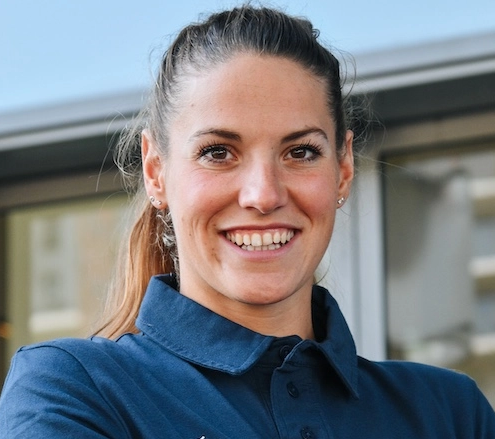
The future of sports performance
As the Paris 2024 Games approach, collaboration between scientists and athletes is intensifying. The Team-Sports program, for example, aims to optimize the mental preparation of players in team sports⁸.
This synergy between research and sporting practice promises to push back the limits of human performance even further.
In conclusion, mastering mental preparationinformed by neuroscience, is becoming a decisive factor in top-level performance in top-level sport.
On the eve of the Paris 2024 Olympic and Paralympic Games, athletes who can harness the full potential of their brains will have a distinct advantage in the quest for Olympic excellence.
As Etienne Thobois, Managing Director of Paris 2024 so aptly sums up, “This cooperation will strengthen the ties that unite us to offer athletes the best conditions to perform during and after the Games”⁹.
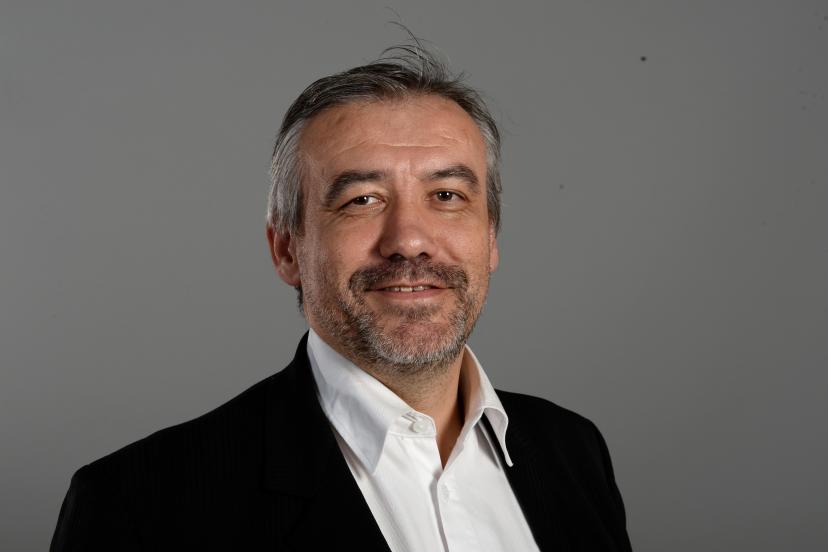
Curious to find out how you can boost your managers'
potential with innovative tools?
Contact us to find out more!
Author: Sébastien Staquet (Mental Trainer, Omind Professional Coach, Consultant, Trainer, Lecturer).
² https://www.chirurgiedusport.com/jeux-olympiques-jo-limportance-de-la-preparation-physique/
⁴ https://www.insep.fr/sites/default/files/media/downloads/plaquetteComm-v5-2-2-1-2020-light %20%281%29.pdf
⁵ https://www.insep.fr/fr/entrainement-et-spo rts/dimension-mentale
⁶ https://prepamentale.fr/temo ignages-en-preparation-mentale-et-psychologie-de-la-performance/
⁷ https://www.sports.gouv.fr/projet-de-performan ce-federal-ppf-1835
⁸ https://www.enseignementsup-recherche.gouv.fr/fr/team-sports-les-sports-collectifs-accompagnes-par-la-science-pour-paris-2024-9548 1
¹⁰ https://vpro-coaching.fr/temo ignages-des-sportifs-vpro
